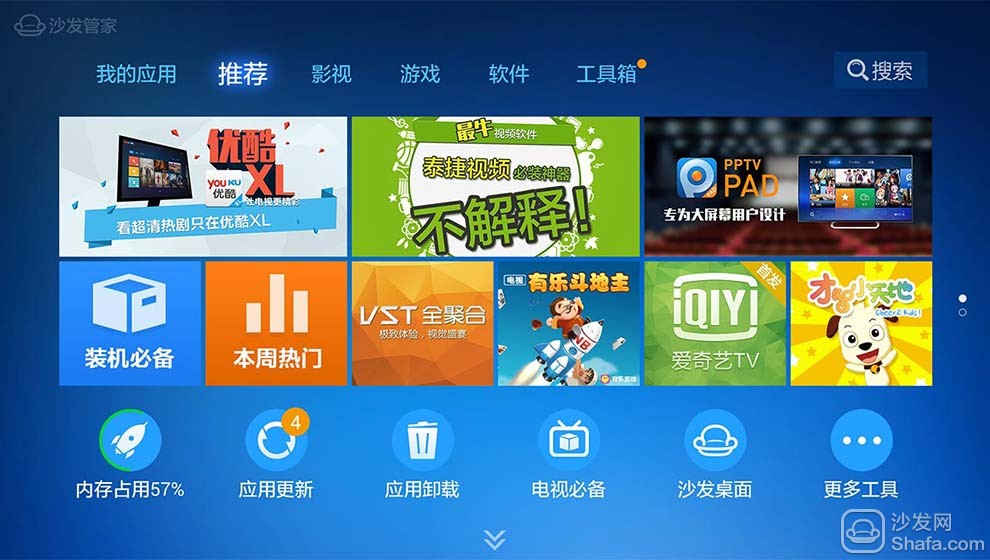
On the afternoon of February 27th, long-rumored FDD licenses were finally issued. China Telecom and China Unicom finally obtained the long-awaited 4G standard, which means that China Mobile’s dominant share of 99% of the 4G market will be interpreted as a new top three. Hegemony. However, the “exotic†4G license issuance also caused people to think about why 4G licenses were issued for more than a year. As a result, only one operator is actually commercialized for 4G. Why only support TD-LTE commercial advancement, but TD- LTE still has to pay high patent fees for Qualcomm. These huge controversies continue to linger in the process of issuing "Chinese-style 4G licenses."
Chinese 4G license issuing process
Compared with the TD-LTE license of more than a year ago, the time for the issuance of FDD licenses can be described as more rumors, as many as a dozen guesses were released, and it was finally guessed by the Chinese New Year until February 26th. In the afternoon, the consensus in the circle focused on the issue on February 27.
This is not actually a "guess" but there are signs because, according to the notice of the Ministry of Industry and Information Technology, at the time of 15 o'clock on February 27th, Wang Xiaochu, Chairman of China Telecom, and Chang Xiaobing, Chairman of China Unicom, met with the Ministry of Industry and Information Technology. Obviously, this meeting Specially for FDD licenses.
Both FDD LTE and TD-LTE are 4G standards established by the International Telecommunication Union. However, the first batch of 4G licenses issued at the end of December 2013 was only TD-LTE. After more than a year, it continued to be added to China Telecom and China. Unicom has issued trial network licenses for dozens of cities in FDD LTE, and is known as the "toothpaste squeezer" 4G testing process, which is rare in the world.
However, FDD licenses were officially issued, and the frequency of FDD network operations was also approved. Both China Telecom and China Unicom used similar words such as “thank you†and “expectations†in their statements, indicating that they are looking forward to the future. A person from Guangdong Unicom also revealed that, after the issuance of the FDD license, Guangdong Unicom will focus on the mainstream "4G", "Fast-speed 4G" and "Affordable 4G" selling points, fully exerting 4G, and promoting the commercialization of the international mainstream 4G standard in Guangdong. .
According to the January 2015 operating data announced by the three major operators, in January, China Mobile's 4G subscribers added 16.733 million new subscribers, totaling 1.06779 billion subscribers, breaking the 100 million mark, and China Telecom’s new mobile subscriber data was 1.05 million. The net increase of 3G users was 2.12 million. There was no mention of the number of 4G users, and China Unicom’s new mobile subscriber number was a record low. This is actually the result of the issuance of Chinese-style 4G licenses: the twists and turns of the process and the distortion of the results are incredible.
Unicom Telecom took over by FDD?
However, the issuance of FDD licenses eventually enabled China Telecom and China Unicom's 4G standard to land, marking China’s full and official transition to the 4G era.
In fact, the two operators are already well prepared. Guangdong has always been the pilot field of the three major operators. Guangdong Unicom’s internal staff revealed that in order to welcome the official 4G license issue, employees and leaders of some departments of Guangdong Unicom and companies in various cities in Guangdong have even canceled vacations; and in the major cities and regions, the final The network speed test, stress test, terminal test, and background system have been updated and upgraded; and business training for customer service personnel and business personnel in various business offices was completed as early as a few months ago. In addition, Guangdong Unicom’s marketing department is also actively developing related packages and various promotional activities, which are expected to be launched in the near future.
As a matter of fact, as early as June 2014, after China Unicom obtained the LTE hybrid network trial network license, Guangdong Unicom launched a hybrid networking trial in cities such as Guangzhou, Shenzhen, Foshan, and Dongguan, and actively explored and tested the hybrid. The networking mode has led to the development of the relevant industry chain and has accumulated rich experience.
As for the benefits of obtaining an FDD license, Guangdong Unicom's insiders have come up with a report, according to a recent statistics released by the Global Mobile Suppliers Association (GSMA) recently, in 2014, telecom operators around the world A total of 96 LTE networks were launched, bringing the total number of commercial LTE networks worldwide to 360. As of the end of 2014, a total of 124 countries/regions around the world launched commercial LTE networks, a significant increase from 27 in 2013. In the 360 ​​LTE networks that were put into commercial use, FDD networks accounted for 312, TDD for 31, and the remaining 17 were using FDD and TDD hybrid modes.
The implication of this is that the majority of operators in the world choose FDD as the standard. No matter the roaming abroad or the maturity of the industry chain or mobile phone prices, FDD has its own advantages. This may be the reason why China Telecom and China Unicom are optimistic about the issuance of FDD licenses. .
Qualcomm is inevitably high royalties
Another interesting point is that, according to statistics, TD-LTE has also been favored. According to market forecasts, global TD-LTE4G subscribers will reach 96.10 million at the end of this year, but 82.8% of them are Chinese users and 8% of users are from Saudi Arabia. In Arabia, 6.9% came from Japan.
However, this involves another problem, so many TD-LTE users come from China, but China's mobile phone manufacturers have to pay TD-LTE patents to Qualcomm.
Moreover, more than a year ago, the Ministry of Industry and Information Technology issued three TD-LTE licenses to three operators at the same time, which means that they hope that all three operators will build TD-LTE networks because TD-LTE is a 4G standard with independent intellectual property rights in China. However, when the National Development and Reform Commission imposed an anti-monopoly fine on Qualcomm, it did not deny that Qualcomm could charge TD-LTE patent fees to Chinese manufacturers.
This is obviously a confusing issue. Since China owns TD-LTE's independent intellectual property rights, why should it pay royalties to Qualcomm?
Some mobile phone manufacturers also lamented that, in fact, regarding the issue of royalties, TD-LTE and FDD have no difference between the two 4G systems and they have to pay royalties to Gaotong. However, FDD LTE has many more users worldwide, and the cost may also be high. Lower, so China Mobile's advantage in 4G mobile phones may be reversed in 2014.
In Guangdong, for example, according to Guangzhou Mobile, the number of 4G users has also exceeded 3 million during the Spring Festival, accounting for one-fifth of Guangdong Mobile's 15 million 4G users, but Guangzhou Unicom is also the strongest branch of Guangdong Unicom. In recent years, the actual share in 3G has surpassed Guangzhou Mobile, and the peak rate of FDD LTE is 150Mbps, which is higher than 100Mbps of TD-LTE. It is apparent that both parties will continue to fight on 4G.
However, the TD-LTE technology with the title of "independent intellectual property rights" has been taken care of by the state from the very beginning, but in the end it has not saved the patent fees it has been waiting for, and it has also forced the three major operators to violate the technical rules and launched TD- LTE, such a tortuous 4G distribution process can no longer be repeated, this is the process of thinking in the industry.
Recommended installation sofa butler, download address: http://app.shafa.com/

Hot Apps Recommended: HDP VST All-in-one Fast-viewing film Dragons Live Karaoke King TV Thumb Playing ZAKER